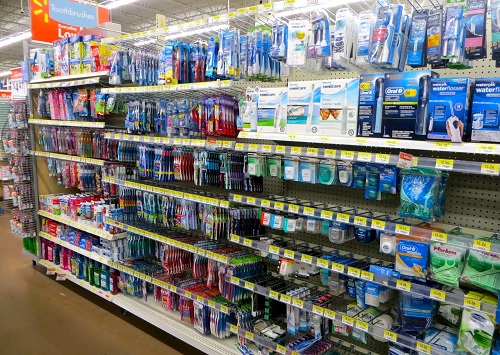5 Common Dental Problems for Kids
Baby Bottle Tooth Decay Also called early childhood caries, nursing caries, or Nursing Bottle Syndrome, Baby Bottle Tooth Decay is a result of a baby’s[…]

Tips for Choosing the Right Toothbrush for Your Child
It’s coming up on the 3-month mark for your kid’s toothbrush, so you decide to make a quick trip to the corner drugstore for a[…]
TIMELINE: Keeping Your Child’s Teeth Healthy
Baby teeth DO matter! Unfortunately, many parents assume since baby teeth will eventually fall out anyway, it’s not essential to care for them. But that’s[…]
Free Dental Health and Oral Hygiene Presentations
FORT MYERS, Fla. (December 17, 2014) – Pediatric Dentistry of Ft. Myers, Dr. Tim Verwest, DMD gave away over 20,000 free toothbrushes during dental presentations[…]
